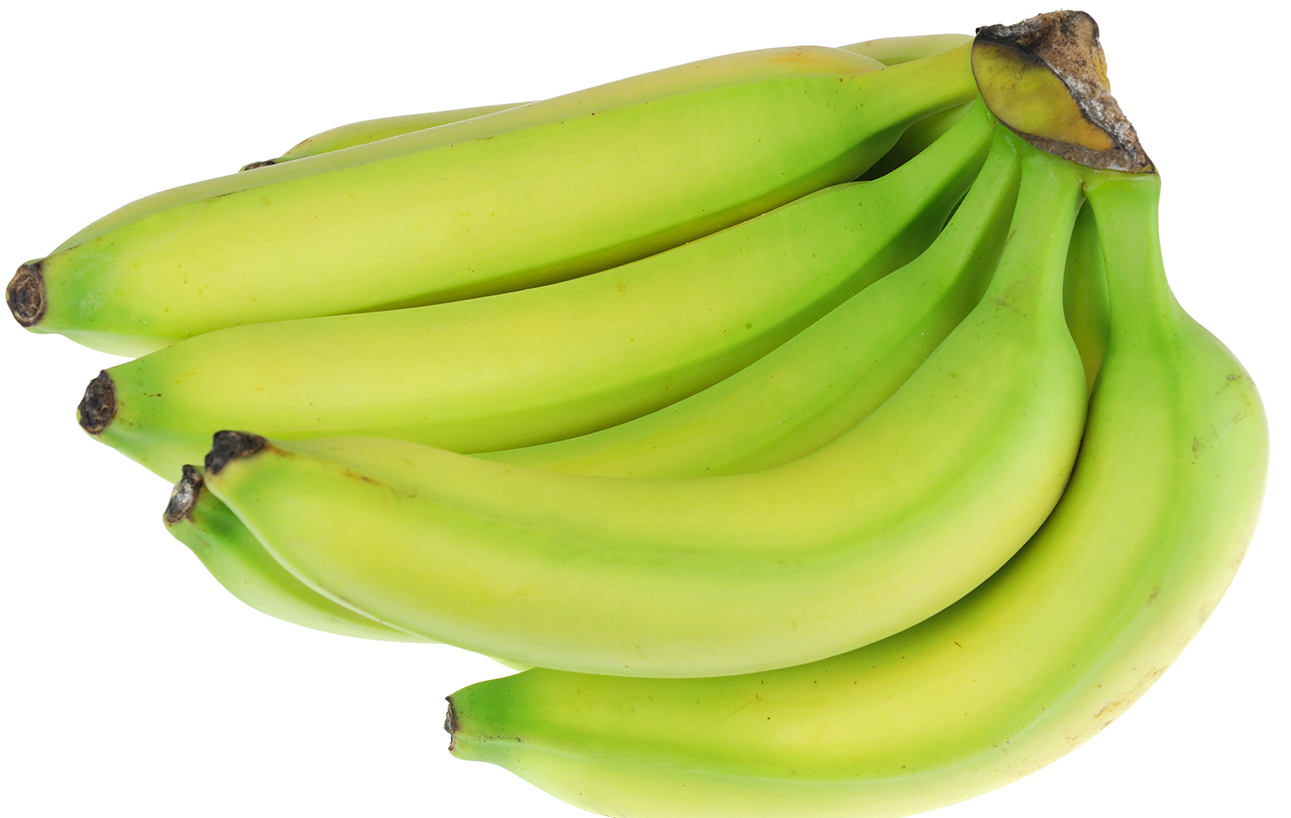 |
| Resistant starch as found in unripe bananas may protect against some types of cancers |
Led by researchers at the Universities of Newcastle and Leeds in the the UK, the 20-year study called CAPP2 involved following 1000 people with Lynch Syndrome, a hereditary condition associated with an increased risk of colorectal cancer in particular, as well as a broad range of other cancers, including endometrial, ovarian, stomach, liver and brain cancers.
The participants from 43 cancer centers in Europe, Australia, the Americas, and Africa were randomly assigned to receive 600mg of aspirin daily, or a resistant starch supplement, or placebo for two years.
Resistant starch is a type of carbohydrate that isn’t digested in the small intestine. Instead, it ferments in the large intestine feeding beneficial gut bacteria. The dose used in the trial is equivalent to eating a daily banana before it becomes too ripe and soft. The starch in such a banana resists breakdown and reaches the bowel where it can change the type of bacteria that live there.
At the end of the treatment stage of the trial, there was no overall difference in colorectal cancers between those who had taken resistant starch or aspirin, and those who had not. However, an analysis of the followup data of the resistant starch and placebo groups found there were just 5 new upper gastrointestinal cancers among 463 people who had taken the resistant starch compared to 21 cancers among the 455 people taking the placebo. Upper GI cancers include cancers of the esophagus, stomach, and small intestine.
“We found that resistant starch reduces a range of cancers by over 60%. The effect was most obvious in the upper part of the gut,” explained Professor John Mathers, professor of Human Nutrition at Newcastle University in a press release. “This is important as cancers of the upper GI tract are difficult to diagnose and often are not caught early on.
“Resistant starch can be taken as a powder supplement and is found naturally in peas, beans, oats and other starchy foods. The dose used in the trial is equivalent to eating a daily banana; before they become too ripe and soft."
The study was published in the July 25, 2022 issue of the journal Cancer Prevention Research. As a result of the findings, the UK’s National Institute for Health and Care Excellence (NICE) is now recommending aspirin and resistant starch for people at high genetic risk of cancer.
Sources: Newcastle University press release, Cancer Prevention Research, and The Lancet


No comments:
Post a Comment